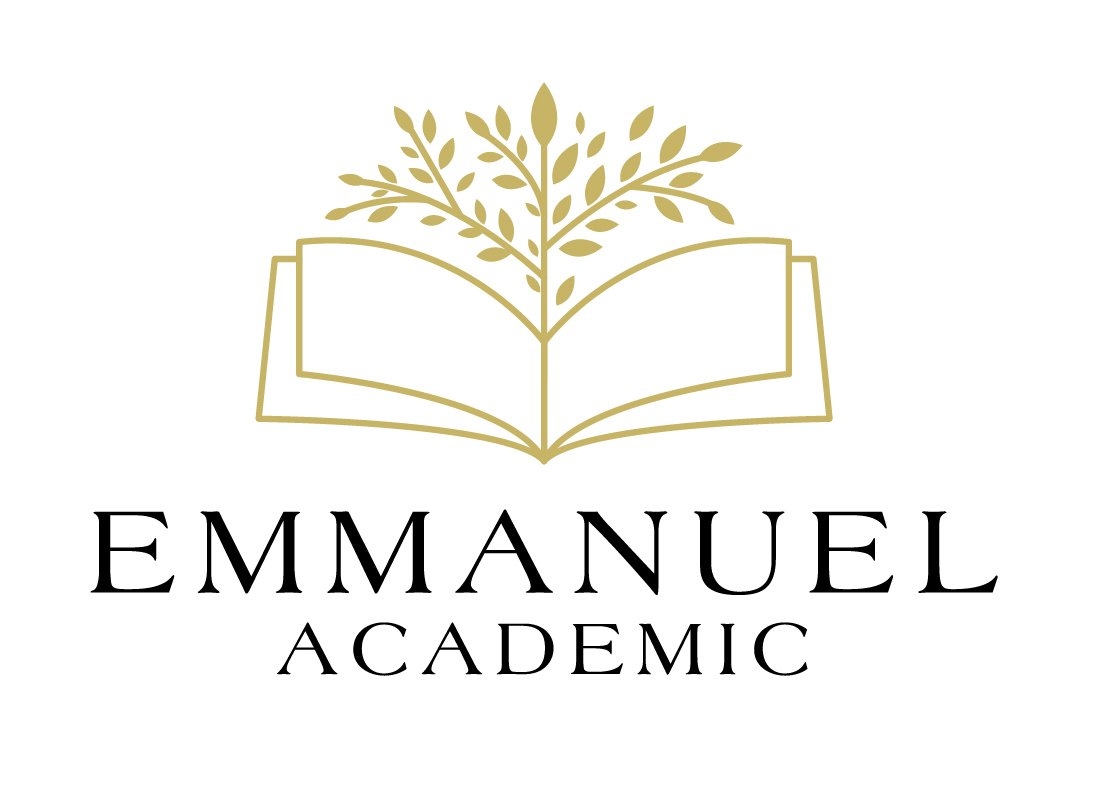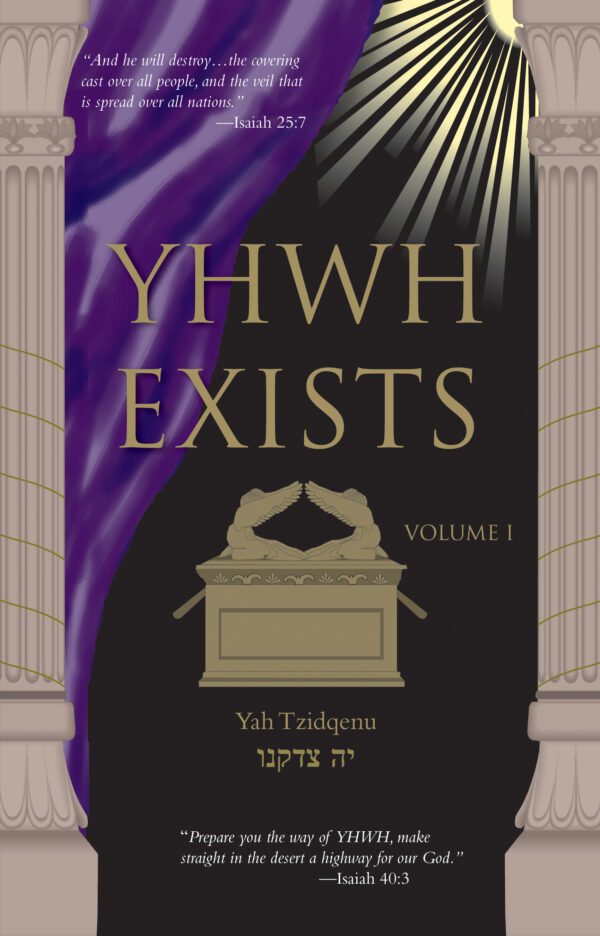Preface
Having been raised a Seventh-Day Adventist, I have had a relationship with God for as long as I can remember. As an Adventist, I often felt the sting of being different from the more mainstream religions: we didn’t go to football games on Friday night, we didn’t dance, we didn’t wear jewelry, and we went to church on Saturday instead of Sunday. I was taught that Adventism was the “true church.” We were the “true Christians.” Other denominations and believers either lacked a certain degree of sincerity or had somehow “missed the boat” in their belief system. We had a prophet, Ellen White, who cleared up a great deal of the fuzzy doctrine in the Old and New Testaments as she unveiled a religion that spoke to man’s heart. Other churches didn’t have our health message or our Sabbath. We were somehow set apart and more right than other denominations.
Funny thing: I grew older and came in contact with other people “in the world.” I discovered they had been raised in the “true” church as well. My Baptist friends were more right than my Catholic friends, while my Church of God friends interpreted their doctrine more accurately than did my Church of Christ friends. In turn, my Messianic friends were sure they had it together better than any other religion out there.
This started to bother me. I wondered how each of us could have been taught so many different doctrines that were supposed to be right yet were considered wrong by other denominations. I knew that Seventh-Day Adventists didn’t have all truth and neither did Baptists or Catholics; so I was left wondering what separates truth from error or good from evil. What made one belief right and another wrong? Was truth something man could decide for himself, or did it need to be God-given? I had been around long enough to know there were no simple answers. One Scripture passage could be interpreted five different ways, each meriting validity. These questions gnawed at my heart and soul. Why would God allow us to believe conflicting ideas about right and wrong?
About fifteen years ago, I read a couple of books that changed my life. Quite by accident, my spouse and I purchased a book that questioned Scripture’s validity. The evidence was just as believable as the evidence that I knew existed for the varying interpretations of a particular Scripture passage. Compellingly, these books had science, history, and other academic research to back them up. I faced a dilemma. The relationship I had with my Creator was real; I had been through too much in my life to dismiss it lightly, but I also knew that my conscience could not rest until I found out for myself the truth to these difficult questions. I realized that questions relating to Scripture’s validity were intricately entwined with doctrinal issues. What school of truth did the Creator actually sanction?
So, on the verge of becoming agnostic, I set out on a quest that lasted over a decade: to ascertain whether God existed. I needed to know if he was real or just a figment of my imagination. I threw away everything I had been taught, even cherished beliefs (that I had held so near and dear to my heart) in order to start from scratch. I could not dictate what God’s word said; it had to speak for itself. Did God have any one particular truth? The following pages are the result of my study. I would not trade the knowledge I’ve gained from my research for anything in the world. I know God exists. I’ve seen his existence not only in my life but also through the very history and science that most scholars claim disprove him. He is real! His commands are there for our good—for our protection and blessing. What has satisfied my logical mind more than anything else is having found a nonconflicting set of doctrines that answer the many hard questions I had regarding Scripture’s validity. Best of all, God’s doctrine actually makes sense!
I thought others might wrestle with the same questions I had. I decided to prepare a case study from which I hope others will benefit. Before I present my evidence, I want to let you know how this book is organized. First, I based a significant portion of my research on the polemics of the very academics who claim that Scripture is nothing but folktales and reactionary political propaganda. My analysis defers to scholars who are foremost in their field of study. Second, wherever possible, I tried to use sources that are readily accessible on the internet or at local libraries. This way, if the reader wishes to verify a point or research a topic further, the resources are at his or her fingertips. Third, I tried to define Hebrew words using generally accepted, uncontroversial sources. The Hebrew meanings are usually based on the Brown, Driver, Briggs’ Lexicon as well as Strong’s Exhaustive Concordance. Fourth, letter points, such as (a) and (b) and emphasis, such as underlining, have been inserted into passages to aid further analysis. I hope these techniques will enable the reader to criticize issues without merely assuming that my points are valid. Rather, the reader can access specific elements to evaluate the evidence for him or herself.
I endeavored to keep my discussions conversational while maintaining integrity that merits the distinction of scholarship. My arguments are presented chronologically by building on the previous chapters’ conclusions.
Therefore, the reader will find that a sequential approach to reading this book is the most worthwhile approach. I hope this research will encourage further studies of this nature, fostering and rekindling interest in scholarship on authoritative Scripture.


